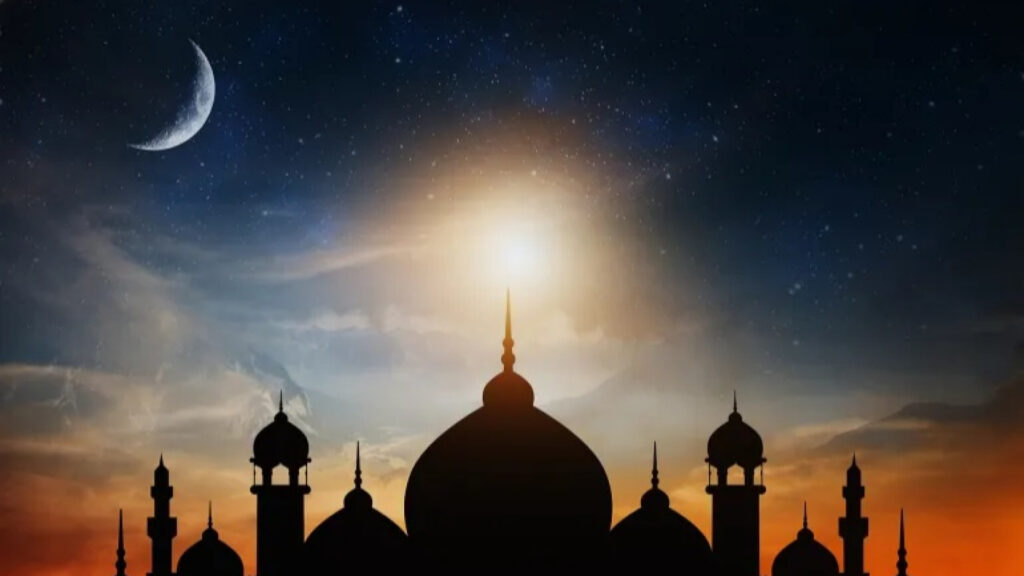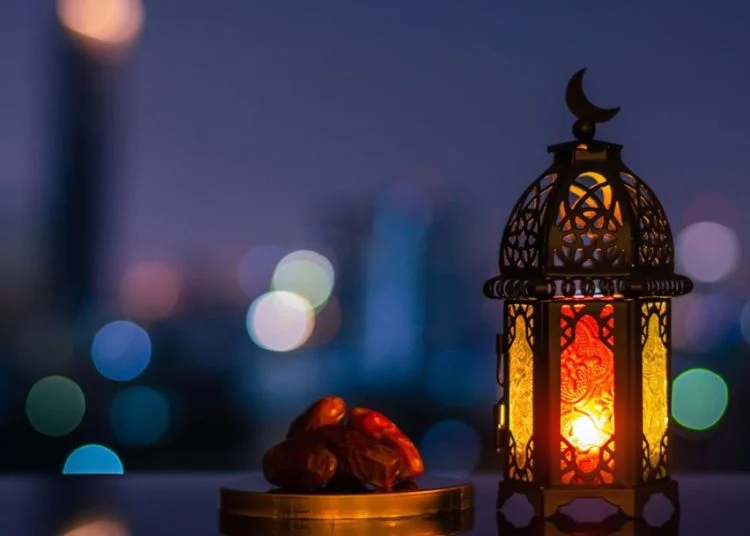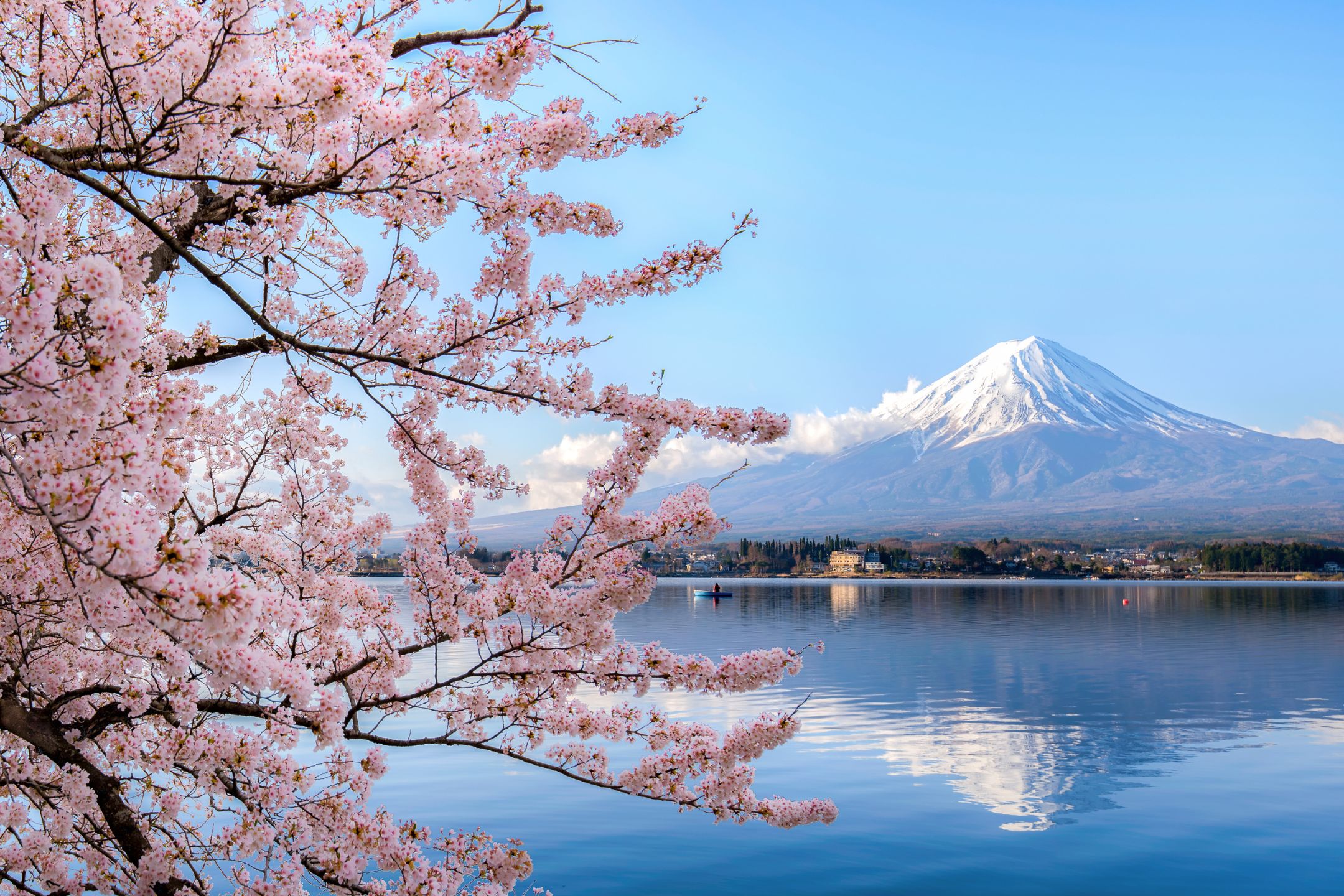Ramadan is the ninth month of the Hijri calendar and one of the holiest periods for Muslims worldwide. During this month, believers fast daily from dawn to sunset. They refrain from eating, drinking, and engaging in other activities that might distract them from spirituality. It is a time for reflection, prayer, charity, and strengthening one’s faith.
When is Ramadan 2025?
Ramadan in 2025 is expected to begin on the evening of Friday, February 28, or Saturday, March 1, and end on the evening of Sunday, March 30, or Monday, March 31. Eid al-Fitr, the festival marking the end of Ramadan, is anticipated to be on Monday, March 31, or Tuesday, April 1, 2025. However, exact date is not defined yet since the Islamic calendar follows the lunar cycle. The start of each month depends on the sighting of the crescent moon. This month holds great spiritual significance because the Prophet Muhammad (pbuh) received the first revelation of the Quran during this period.

The Significance of Umrah During Ramadan
Ramadan is also a favorable time for performing the minor pilgrimage known as Umrah. Unlike Hajj, the major pilgrimage required of Muslims at least once in their lifetime if they are physically and financially able, Umrah is not obligatory, but it is a highly recommended spiritual practice. Many believers choose to undertake it during this sacred month because acts of faith and devotion bring greater rewards during Ramadan. In a separate article, we will explore the significance of Umrah and its spiritual benefits during Ramadan.
A Time for Reflection and Community
This sacred month represents a period of spiritual renewal and solidarity. Muslims strengthen their devotion and commitment to their faith while embracing values of generosity and community. Additionally, Ramadan offers an opportunity for introspection and for strengthening family and social bonds. At sunset, believers break their fast with iftar, a traditional meal that begins with dates and water, followed by various dishes based on cultural and regional traditions.
Prayer and Worship During Ramadan
Throughout the month, mosques fill with worshippers gathering for special nighttime prayers known as Tarawih. These additional prayers, performed in congregation, provide an opportunity to deepen one’s connection with God and the community. The Night of Decree, or Laylat al-Qadr, occurs in the last ten days of Ramadan. It is considered the holiest night in Islam because it marks the time when the Quran was revealed to the Prophet Muhammad (pbuh). On this night, prayers and acts of devotion hold special significance, and many believers seek to maximize their worship and reflection. Fasting during Ramadan follows the daily prayer schedule and ends after the Maghrib prayer. For accurate fasting start and end times, users can check a prayer timetable. For those in Dubai, they can refer to the local schedule here. Those in other locations can search for their respective city’s prayer timings.
Conclusion
Ramadan is a month of purification, faith, and spiritual renewal. It brings Muslims together in a shared practice of sacrifice, reflection, and solidarity with others. Through fasting, prayer, and community engagement, believers strengthen their spiritual connection and reinforce their commitment to faith.







